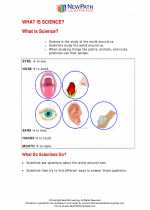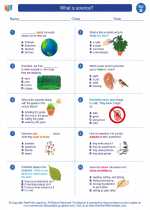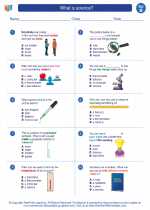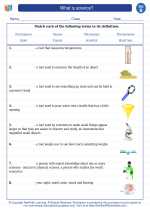Temperature
Temperature is a measure of the warmth or coldness of an object or substance. It is an important concept in science and is measured using a variety of scales.
Types of Temperature Scales
- Celsius (°C): The Celsius scale is based on the freezing and boiling points of water, with 0°C as the freezing point and 100°C as the boiling point at standard atmospheric pressure.
- Fahrenheit (°F): The Fahrenheit scale is commonly used in the United States and is based on a different set of reference points, with 32°F as the freezing point and 212°F as the boiling point of water at standard atmospheric pressure.
- Kelvin (K): The Kelvin scale is an absolute temperature scale where 0K represents absolute zero, the theoretical lowest possible temperature where molecular motion ceases. The Kelvin scale is commonly used in scientific research and calculations.
Measuring Temperature
Temperature is measured using instruments such as thermometers. Thermometers contain a temperature-sensitive substance, such as mercury or alcohol, that expands or contracts with changes in temperature, allowing the measurement of the temperature of the surrounding environment.
Effects of Temperature
Temperature has a significant impact on the physical and chemical properties of substances. Changes in temperature can alter the state of matter (solid, liquid, gas) and affect the rate of chemical reactions.
Converting Between Temperature Scales
Converting between temperature scales requires the use of conversion formulas. For example, to convert from Celsius to Fahrenheit, you can use the formula: F = (C × 9/5) + 32.
Temperature and Weather
Temperature is a key factor in weather patterns and climate. It influences phenomena such as evaporation, condensation, and the formation of clouds and precipitation.
Conclusion
Understanding temperature and its measurement is essential for various scientific fields and everyday life. It plays a crucial role in processes ranging from cooking and weather forecasting to industrial applications and medical science.
[Temperature] Related Worksheets and Study Guides:
.◂Science Worksheets and Study Guides Second Grade. What is science?

 Worksheet/Answer key
Worksheet/Answer key
 Worksheet/Answer key
Worksheet/Answer key
 Worksheet/Answer key
Worksheet/Answer key
 Vocabulary/Answer key
Vocabulary/Answer key
